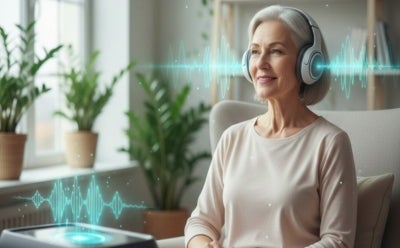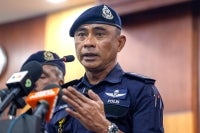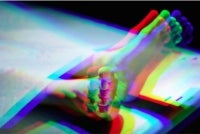No cure for autism yet, but early intervention helps – Health experts
This medical condition can occur in one to two out of every 1,000 children and is four times more common among boys.

SHAH ALAM – Autism or autism spectrum disorder (ASD) stands out for its complex array of symptoms and challenges.
With its diverse manifestations and impact on individuals, understanding and addressing ASD has been a subject of intense research and clinical attention.
Health experts have shared insights into the detection and treatment of ASD, offering hope and guidance to families grappling with this condition.
Universiti Kebangsaan Malaysia Public Health Medicine Specialist Professor Dr Sharifa Ezat Wan Puteh outlined the multifaceted nature of ASD.
She said while signs and symptoms may be subtle initially, they become more apparent over time.
What are the signs to look out for?
Categorised as a neurological and developmental disorder, the common signs to look up for include delayed speech, temper tantrums, difficulties in social communication, lack of eye contact, and repetitive behaviours.
This medical condition can occur in one to two out of every 1,000 children and is four times more common among boys.
To date, the exact cause of autism has not been fully established but experts believe genetics or chemical imbalances in the brain may be the cause.
"The brain does not grow in the same way as in most people," Dr Sharida told Sinar Daily.
However, Dr Sharifa stressed that ASD is not a mental health problem but can lead to other diagnoses such as global developmental delay or speech disorders.
Highlighting the importance of early intervention, Dr Sharifa noted that research has shown significant improvements in the quality of life for individuals with ASD through timely treatment.
"Without support, individuals with ASD may be at higher risk of bullying, abuse and mental health issues.
"Developing communication, social, and life skills is essential for their well-being.
"Sometimes, medications, which may help with some symptoms of autism spectrum disorder, such as anxiety, depression, or hyperactivity," she said.
In an interview with Bernama, Autism Gym Centre assistant head of department Sabrina Fatimah Azzahara Abdullah said that symptoms of autism are easier to identify when children are three years old.
“If a child is unable to speak and cannot socialise with others by the age of three, there is a high possibility that they have ASD.
"However, there are parents who don’t wait (to seek intervention) until the child is three. Instead, they take the child to see a specialist immediately when they notice the child's development is slower than usual," she told the news agency.
She said other characteristics of individuals with ASD include quickly losing focus, not showing any response when called and preferring to be left alone.
"Their condition poses challenges for them in their daily lives," she said.
Is ASD curable?
Fatimah said although there is no cure for ASD, symptoms can be mitigated through various therapies including speech therapy and behavioural therapy.
While some people may perceive children with autism as intellectually impaired or mentally disabled, in reality, they have great potential to lead a more optimal life with early intervention.
Meanwhile, Public Health Consultant Specialist Dr Hematram Yadav said that there is no current treatment to treat autism but therapy is key to managing the condition.
"In current practice, there is no curative treatment for autism but the recommended treatment involves various therapies which include applied behavioural analysis, speech therapy, and sensory integration therapy,” he said.
Dr Yadav pointed out applied behavioral analysis (ABA) as a notable treatment option with strong empirical support.
He also stressed the significance of early detection and management of ASD, acknowledging the challenges in diagnosing a spectrum disorder with diverse symptoms.
"Most important is early detection and management in such cases. Since it is a spectrum of symptoms and not clear symptoms it is not easy to diagnose," he said.
In 2021, the Health Ministry recorded a total of 1,269 children aged 18 months suspected of having autism while in 2022 the number increased to 1,304.
Download Sinar Daily application.Click Here!















